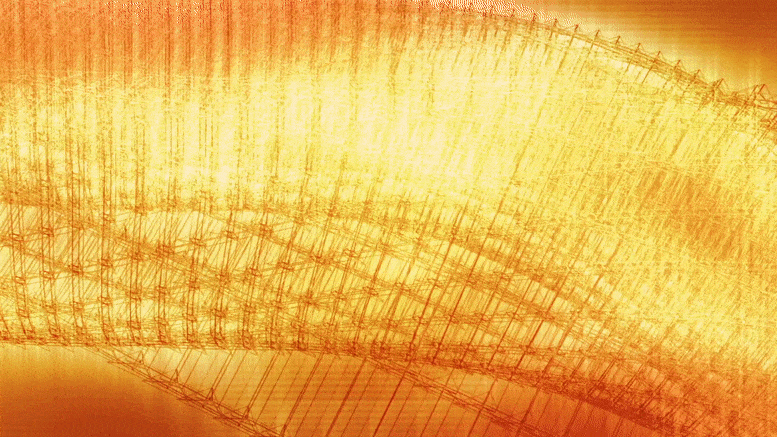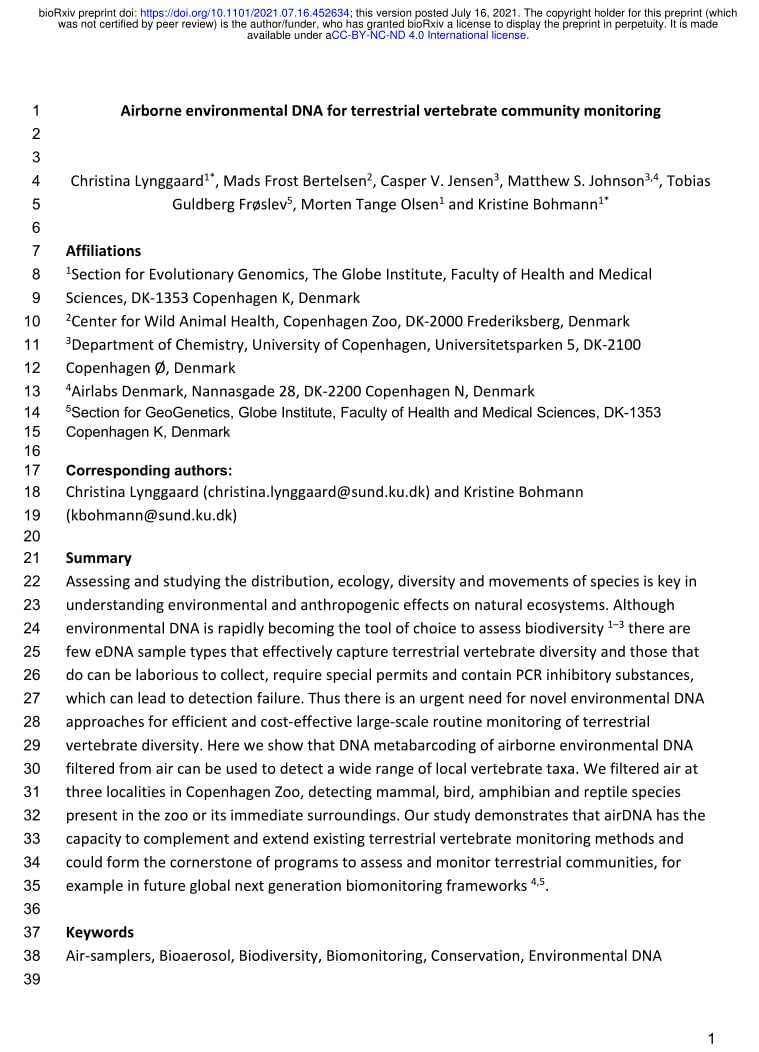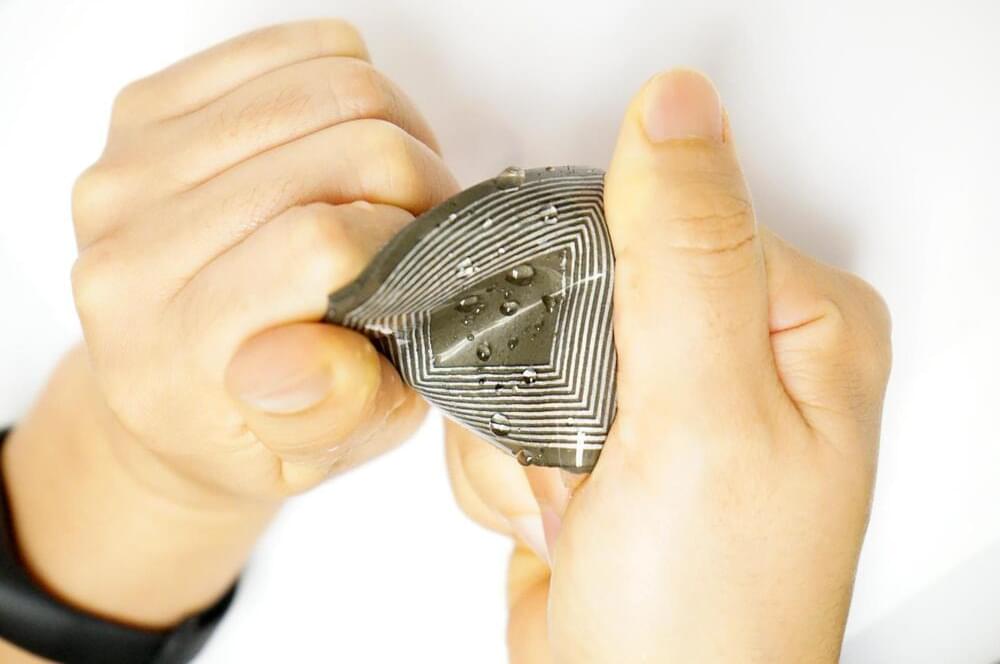How true?
Elon Musk reiterated Tesla’s commitment to China, stating that the company will continue to invest in the country. Musk made his announcement at a pre-recorded question-and-answer session at China’s Cyberspace Administration’s Global Digital Conference. Musk has hailed the country that is vital to his electric vehicle company for the second time this month, calling it as a “global leader in digitalization.” As per Mr. Musk’s comments made during another pre-recorded webcast at the World New Energy Vehicle Congress less than two weeks earlier, Chinese automakers were the “most internationally competitive.” Musk was enthusiastic in his praise for the nation that is vital to Tesla’s electric vehicle business, and his remarks came as the company works to repair its image in China. Musk stated, “I have a lot of respect for the various Chinese automakers who are driving these (EV) technologies.” Musk stated Chinese carmakers are among the best at software, which he claims will “shape the future of the vehicle industry” during his three-minute speech. “My honest view is that China invests a lot of resources and efforts adopting the latest digital technologies in various areas, including the automotive industry,” Musk said in a recent video. China has become a global leader in digitalization in the vehicle industry.” “Tesla will continue to boost its investment and research and development efforts in China.” However, negative coverage of Tesla has also grown in China over the last year. In one high-profile case, a woman claiming to be a Tesla customer protested an apparent brake failure in her car at the Shanghai auto show in April. Tesla was accused of having an “arrogant and aggressive approach” in China, according to official media, after a video of the incident went viral on Chinese social media. But now, Tesla has been attempting to repair its image in China following a barrage of negative headlines. The corporation has been under governmental scrutiny for its privacy practises, as well as several recalls in China. Some state and military employees are apparently restricted from driving Tesla electric vehicles. Musk emphasized data protection in his speech and outlined the many types of data that are stored locally. “At Tesla, we’re pleased to see a bustle of fresh laws and regulations targeted at enhancing data handling,” Musk remarked. In the past, the corporation is said to have broken ground on a big Shanghai facility. According to Reports, Tesla sold 44,264 Made-in-China automobiles by August 2021. There were 31,379 for export, which marked an increase over July’s 32,968 made-in-China automobiles sold and June’s 33,155 units sold. Local EV firms like Xpeng Inc., Li Auto Inc., and Nio Inc. are also posing a threat to Tesla in China. Last month, shipments of China-made cars to domestic purchasers increased, and exports from the company’s Shanghai factory — largely to Europe — increased. As a result, Tesla’s overall China shipments increased 34% from July to 44,264 units in August. According to sources, Tesla momentarily suspended some tasks at its Shanghai factory last month due to a global shortfall of semiconductors. Because of a shortage of crucial chips, a portion of a production line at the China plant was shut down for nearly four days in August. Tesla created a data centre in China to contain all of the data generated by our businesses there, which include manufacturing, sales, service, and charging. All personally identifying information is kept secure in China and is never sent abroad. Data is only permitted for international transfer in very rare instances, such as spare parts orders from overseas.” Tesla is acting in response to new Chinese government regulations governing how carmakers with cameras and sensors collect and use data. Tesla also said in a statement that it was “glad to hold discussions with industry experts” regarding new data security requirements for automobiles in the country. “Data security in automobiles is critical. Tesla will make every effort to maintain data security by implementing automotive data security management.”
WATCH THIS NEXT👇👇👇
🎥 Elon Musk Now MUST Face All German Opposition ASAP
➡️ https://youtu.be/Jr91WBD8fF0
🚨 CLICK HERE TO SUBSCRIBE ► https://bit.ly/2Yp4tl7
❗️ALL business partnership inquiries & ALL copyright matters please contact our Official Instagram Account @TeslaVision1






